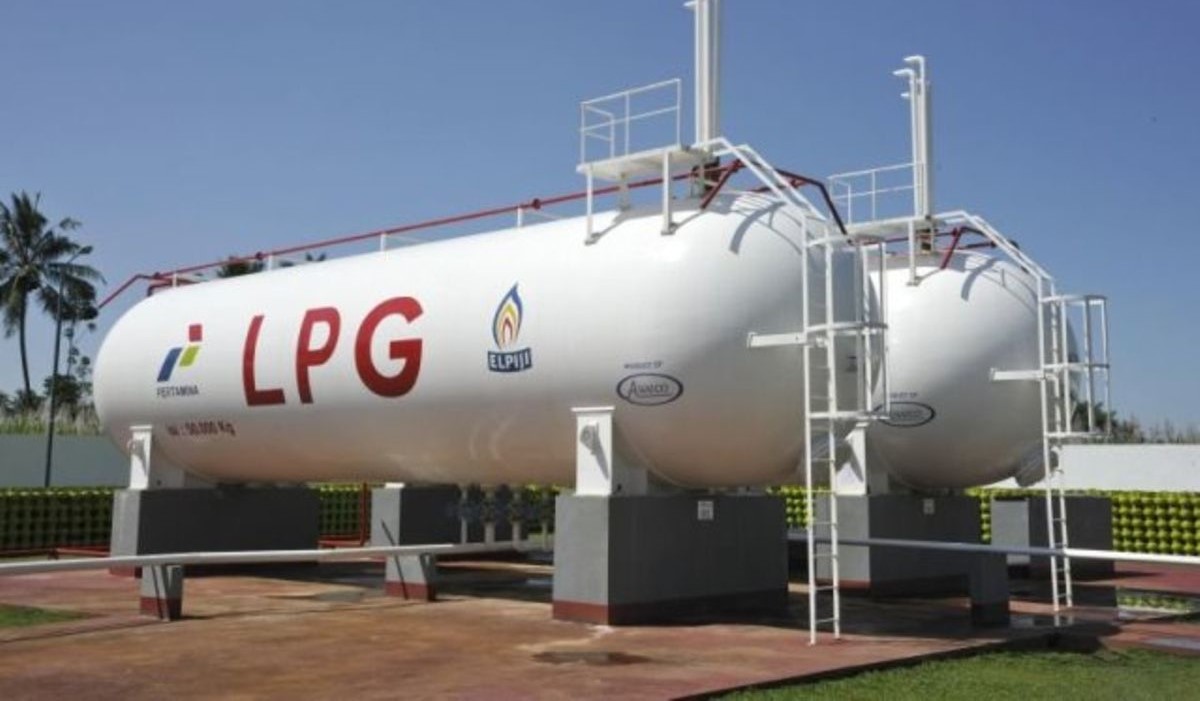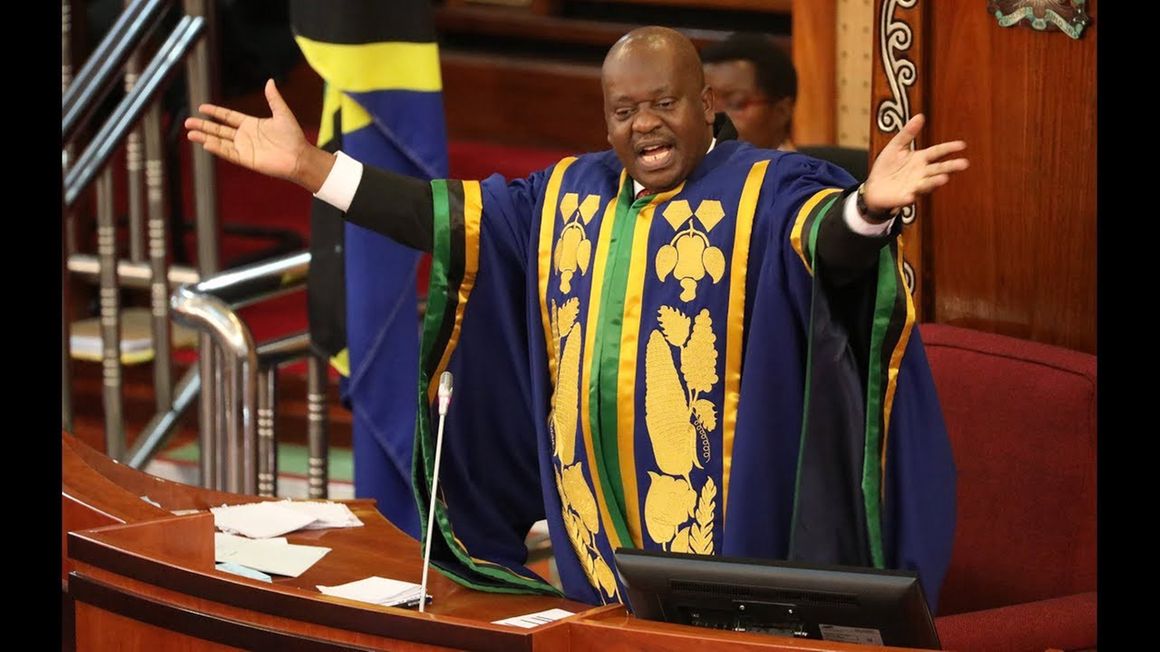Parents say Tanzania can offer food in schools

A parent raises a point during a meeting to find ways of boosting education. PHOTO I SALOME GREGORY
What you need to know:
- Some parents believe that free education means catering for everything at school.
Mkalama. The majority of parents have been accused of being hesitant in supporting programmes of providing food for children in schools.
Some parents believe that free education means catering for everything at school.
Some even believe school is not important as children spend too much time walking to and from school while they could generate money if they were at home.
Mr Masanja Kubila is a resident at Nyahaa Village, in Mkalama District, Singida Region. He believes education is important only when a school has everything. But if children walk long distances and arrive at school late while teachers are inadequate, books are insufficient and there is no food, it is better for a child to remain at home.
“I never went to school and my life is better than that of my fellow villagers who went to school. I don’t see a point of letting children suffer. If there is no way we can come together as one and make school environment friendly it is much better for the children to stay at home.”
Uwezo/Twaweza assistant programme officer Greyson Mgoi comments that parents and some government official know little what the free education policy is all about.
The country director for Regional Psychosocial Support Initiative, Ms Edwick Mapalala, says although parents are aware of the education importance, they are overtaken by career life and other income-generating activities until they forget to follow up on the education performance of their children.
She called upon parents to pay attention to children welfare as well as giving them at least four hours a day to talk to them, listen to their concerns, doing activities together as a way of taking their responsibilities.
Indeed, challenges are gargantuan. At Nyahaa, more than 100 pupils study in the same classroom.
The school has 559 pupils, but has the shortage of eight classrooms.
Mwangeza Secondary School has 11 classrooms and nine more of them are needs.
It also faces the shortage of latrines. The school has no library, kitchen, meeting hall, hostels and dining hall.
The school needs three more offices for teachers. There are only two offices.
Ikolo Primary School has 581 pupils and seven classrooms. It needs six more classrooms.
Mbigigi Primary School has a deficit of latrines and 10 classrooms. Standard Five pupils study under a tree.
Mbigigi Primary School head Shila Humphrey says the school has no teachers’ toilet.
It has only one office, no access to water and books are inadequate.
Standard IV pupils have no books, prompting teachers to use old books, which are no longer in the syllabus.
When it rains, Standards V and III pupils are always mixed up into one classroom to learn together. As standard III are learning, standard V are always forced to listen to the teacher since they cannot go out of the class, added Humphrey.


